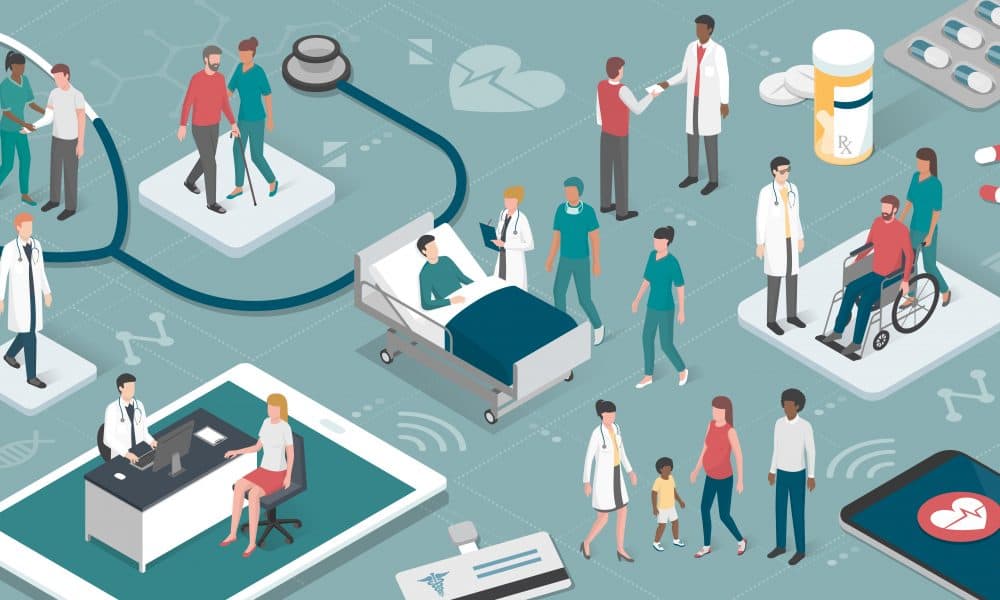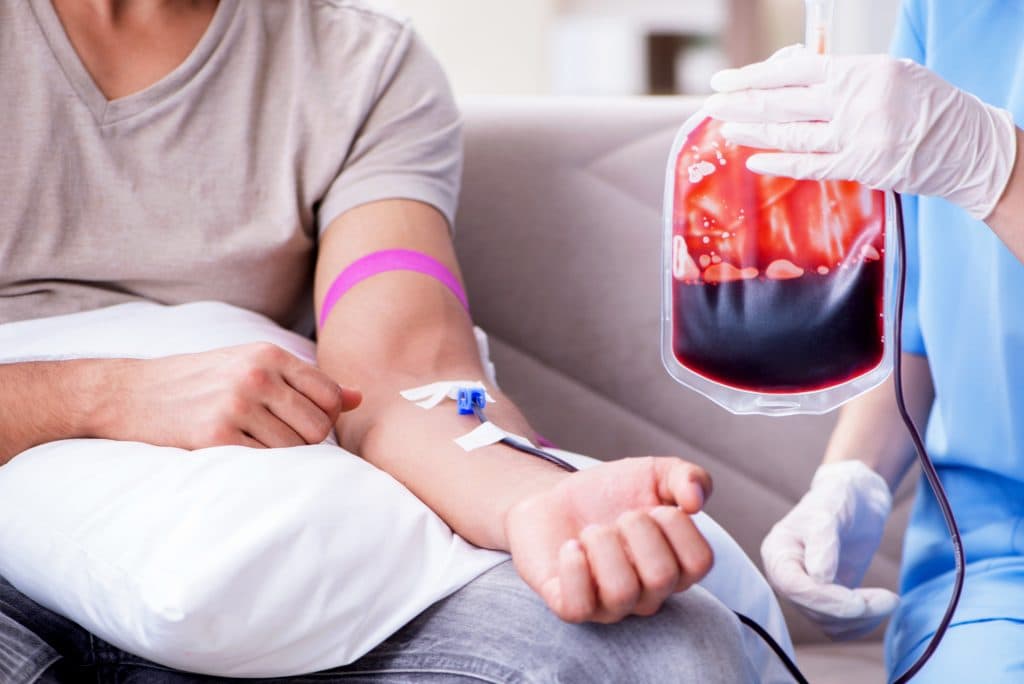Revealed: Countries with highest levels of patient care and costs

The quality and costs of healthcare systems around the globe has been revealed in a new report looking at 33 of the world’s most developed countries.
As reported by Health Tech World, the NHS is rolling out tech solutions to help cope with record demand and massive shortages of staff and beds. But how does the level of care in the UK compare with its neighbouring European countries, or even the US?
There’s no doubt that healthcare systems differ greatly from place to place – not least because some offer much-needed services for free, whilst others carry an unavoidable hefty bill.
Countries who are investing in virtual care and AI solutions may also be one step ahead when it comes to easing pressures on staff, as well as being able to provide fast, efficient, and even more affordable care.
Healthcare Outlook reported in 2021 how the UK government was amongst the top investors for implementing tech such as AI into the healthcare industry. Whether or not a budget for high-level tech relates to the overall quality of care remains to be seen.
Global healthcare mapped
Thanks to the report carried out by Radar Healthcare – we are able to take a closer look at who is really leading the way in healthcare, with the most and least affordable countries around the developed world.

Comparing factors such as Health Care Index scores, average healthcare costs and the average annual salary, the UK was ranked thirteenth for quality of care, with a score of 6.5/10 (74.83). Despite the struggles of the NHS and the effects of the last few years, it still came out on top compared to the likes of Germany, New Zealand and the USA.
The most affordable country for healthcare, it turns out, is Luxemburg, with the UK falling at ninth place, beating countries like Germany, France and Australia. Greece took the title for the least affordable country for healthcare, with the average annual salary at £7,517.09, and average healthcare costs at £739. For comparison, the UK’s average salary is £27,591.21, with a very similar average healthcare cost of £764.

Chloe Weatherhead, Head of Customer Experience at Radar Healthcare says: “Overall, there are numerous factors that have an impact on the efficiency of healthcare systems across the globe, such as financial and humanitarian crises, high population density, low salaries, and so on.
“The huge steps that have been made, with regards to healthcare related technology innovation within the last few years alone, is already having a hugely positive impact on quality and safety, and improving outcomes and overall experiences for all kinds of patients.
“Learning and taking inspiration from impressive international healthcare systems, such as those found in Japan, could certainly be a wise move for those wary of embracing ever-evolving technological advancements. Ultimately, the best way to tackle the ongoing challenges healthcare systems around the globe continue to face is to drive improvements by learning from one another.
“When it comes to the UK in particular, it’s reasonable to note that it could be beneficial to focus on upgrading to more advanced technological processes, that help to create a culture of learning by empowering healthcare staff with information to support quicker decision making and more open methods of communication.
“It’s also worth noting how access to national health-related data can have a hugely significant learning impact.
“For example, the new LFPSE (Learn from patient safety events) service – which are currently in the final stages of development – will act to give healthcare workers a more holistic and wider view of national data, in order to see what’s working well and what’s not up and down the UK.”





